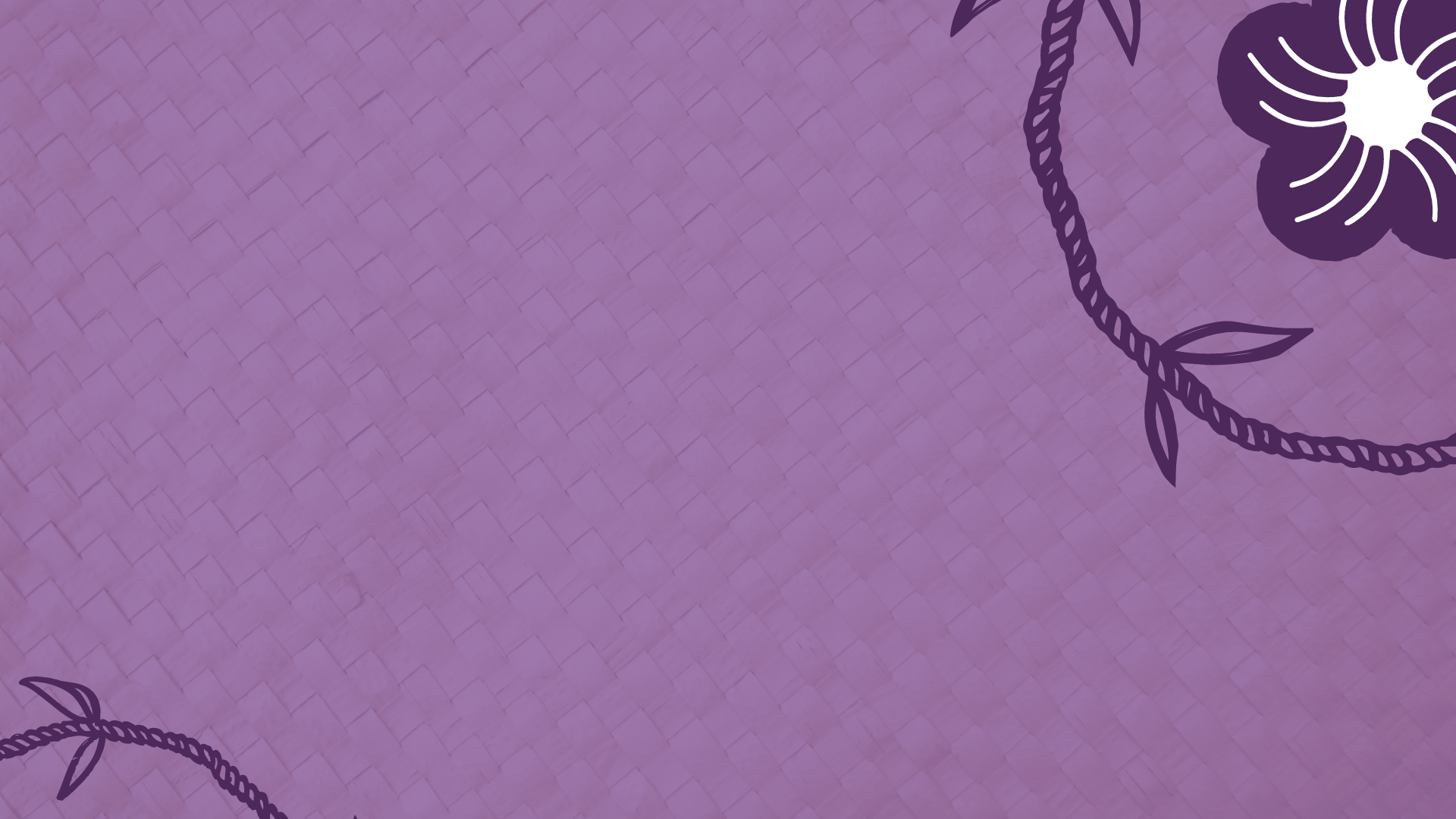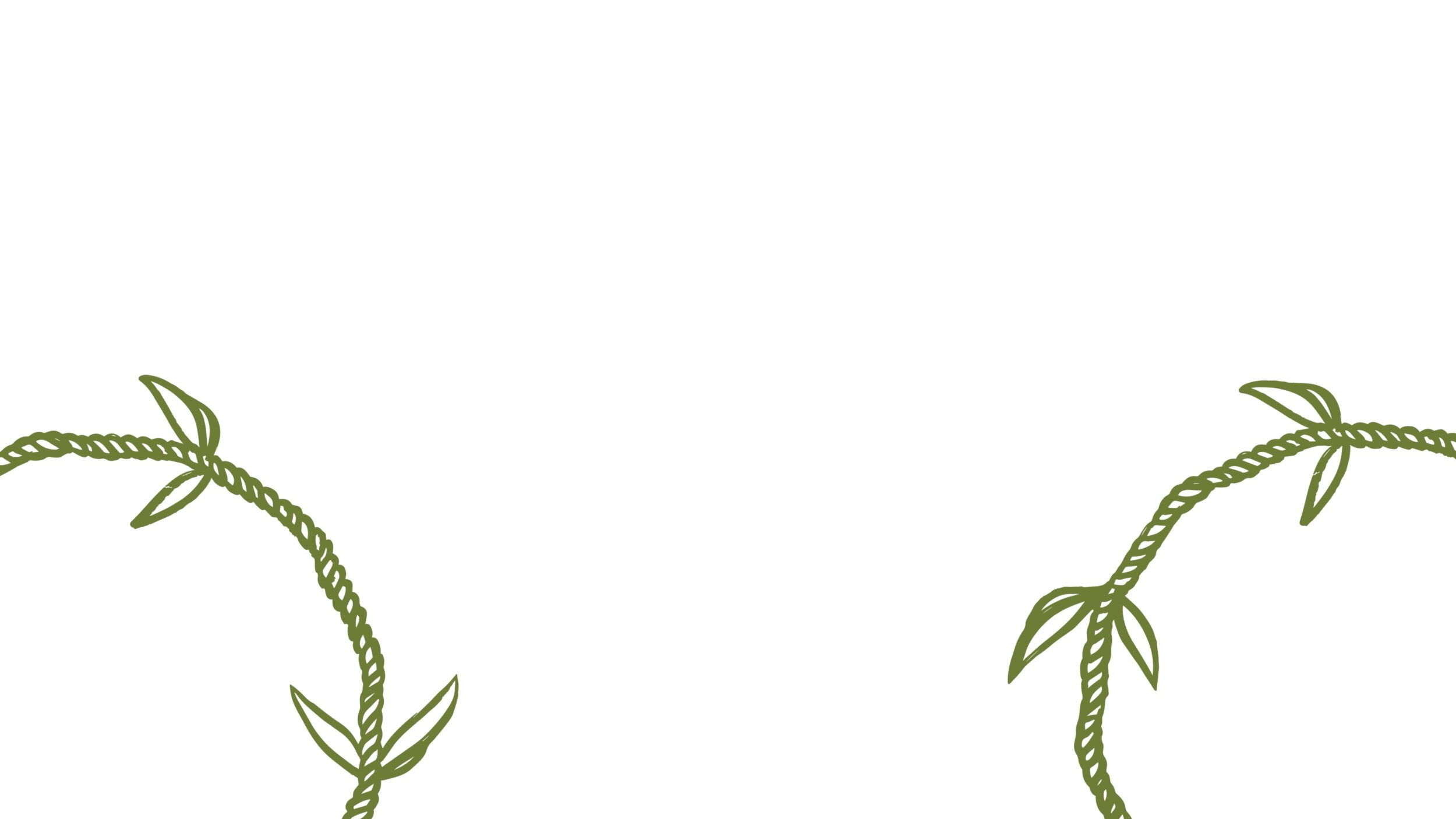
Case Study: San Francisco LGBT Center
Building Healthy Organizations

San Francisco LGBT Center
Overview
Founded in 2002, the San Francisco LGBT Center (The Center) is the only non-profit in San Francisco serving all members of the lesbian, gay, bisexual and transgender communities. In 2022, the Center experimented with hybrid work, requesting staff to return to the Center’s offices a few times per week. Rather than improving staff morale, however, this policy revealed conflicting expectations of staff across leadership levels. Feeling stuck, the Center contacted the Kahakueli Institute to design a process that could create conditions at The Center where everyone could thrive.
Solution
Fluent in developing these shorter-term engagements, the Kahakulei Institute designed a 4-day all-staff retreat. The themes for each day were based on Native Hawaiian concepts of community building - The first day built a stronger sense of collective identity within the organization ( kuleana). On day 2, we built capacity for people to navigate conflict and be in right relationship (pono). The third day focused on creating conditions at The Center where everyone could thrive. We concluded the week with a focus on ‘ohana or kinship, and integrating the practices they learned into their day-to-day organizational lives.
Outcome
The Kahakulei Institute facilitated genuine team and relationship building that was obstructed by the pandemic. Points of tension across leadership levels were identified and acknowledged by the Center’s leadership as an area for continued attention and transformation. Where the hybrid environment had sown seeds of resentment and distrust, our work with the Center sowed seeds of appreciation, gratitude, and trust, which boosted the staff’s morale and energy to serve as a home for their community.
“As his (Chinese) name translates to “a scholar of soup,” Kevin takes the collective wisdom of everyone in the circle, adds all the right spices, stirs the pot well, and at the end everyone is nurtured and re-energized, but more importantly they have leftovers to take back to their organizations and communities. It doesn’t get better than that.”

